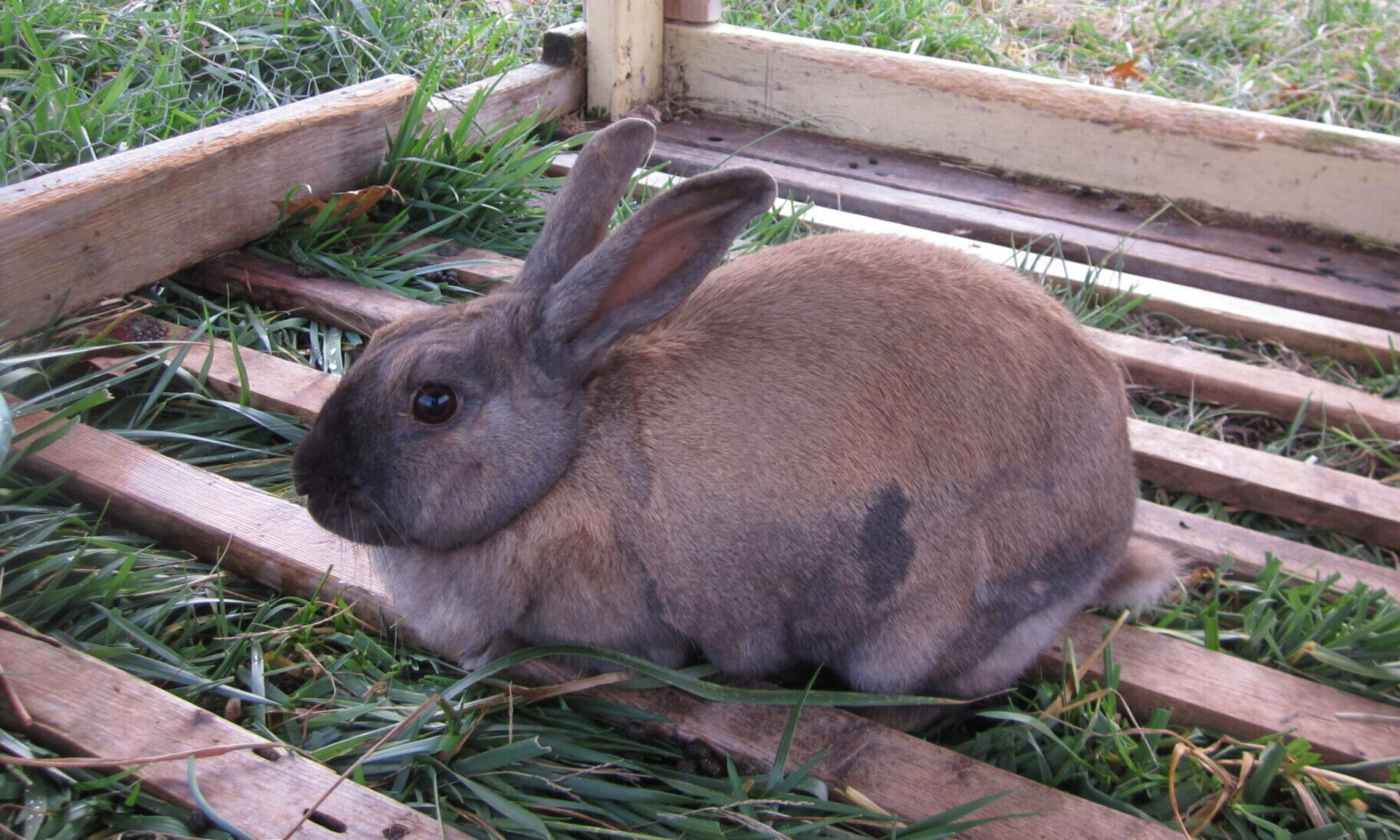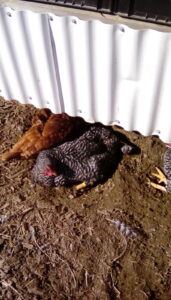Previous Posts In this series:
#1 Homesteading to a high standard
#2 on time homesteading
Principle #3: Minimal Waste
God has given us many things, including relationships, time, money, and yes, our homesteads, (or gardens, or animals.) It can be very easy to squander these things where they aren’t helpful, and not put them to the use God intended for them. If we don’t waste what we have, we’ll have no regrets, and in the case of a homestead, we’ll save time, heartache, and resources.
Practical Tips
First, just a little hint: the principles are all intertwined. If you do all the principles, they are all easier. (The high standard kind of includes them all.)
That said, here are a few ideas for minimizing waste on your homestead:
-
- In your garden and kitchen – actually eat the food! If you don’t eat what you grew or bought, it was a waste of your time and resources to grow or buy it. If you know when something needs to be eaten because you are on time, this is made easier. More on that here.
- With your animals – use what you have for your animals before buying supplies. Feed your chickens as much scraps as possible, (minimizing kitchen wastage) then supplement with grain. In the event that something from the garden is inedible, you can feed it to the chickens, which doesn’t count as wasting it! (Although try to eat things yourself first.) Ruminants can eat grass, (wow!) so if you rotational graze them, you almost never need to buy them food!
- With your infrastructure – don’t make the mistake of buying too cheap. Getting a good quality (think, high standard) product is worth the extra money, because you won’t have to fix or replace it as often.
- Be creative! Use old material for something new! If you can’t think of anything, the internet always has good ideas as a last resort.

